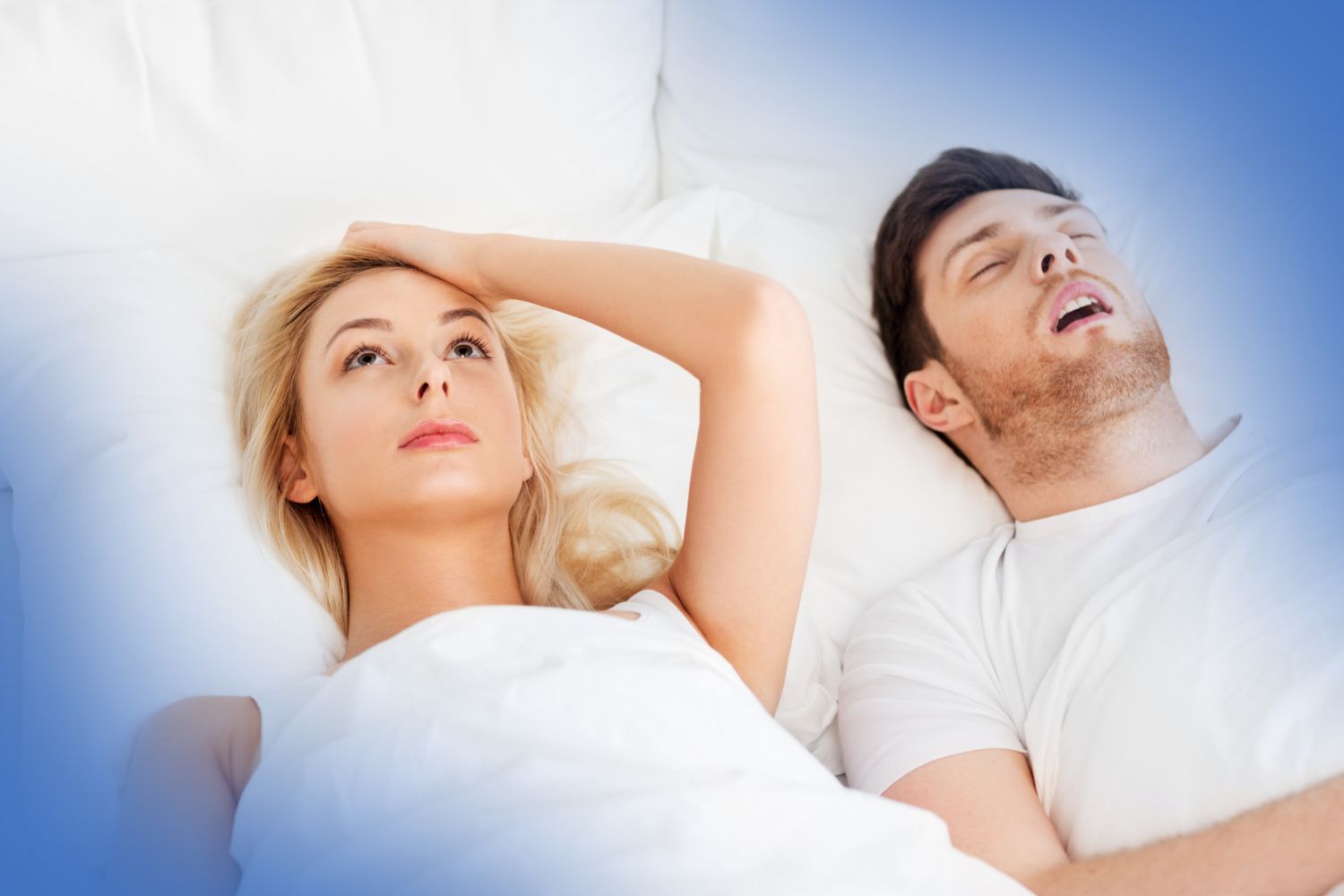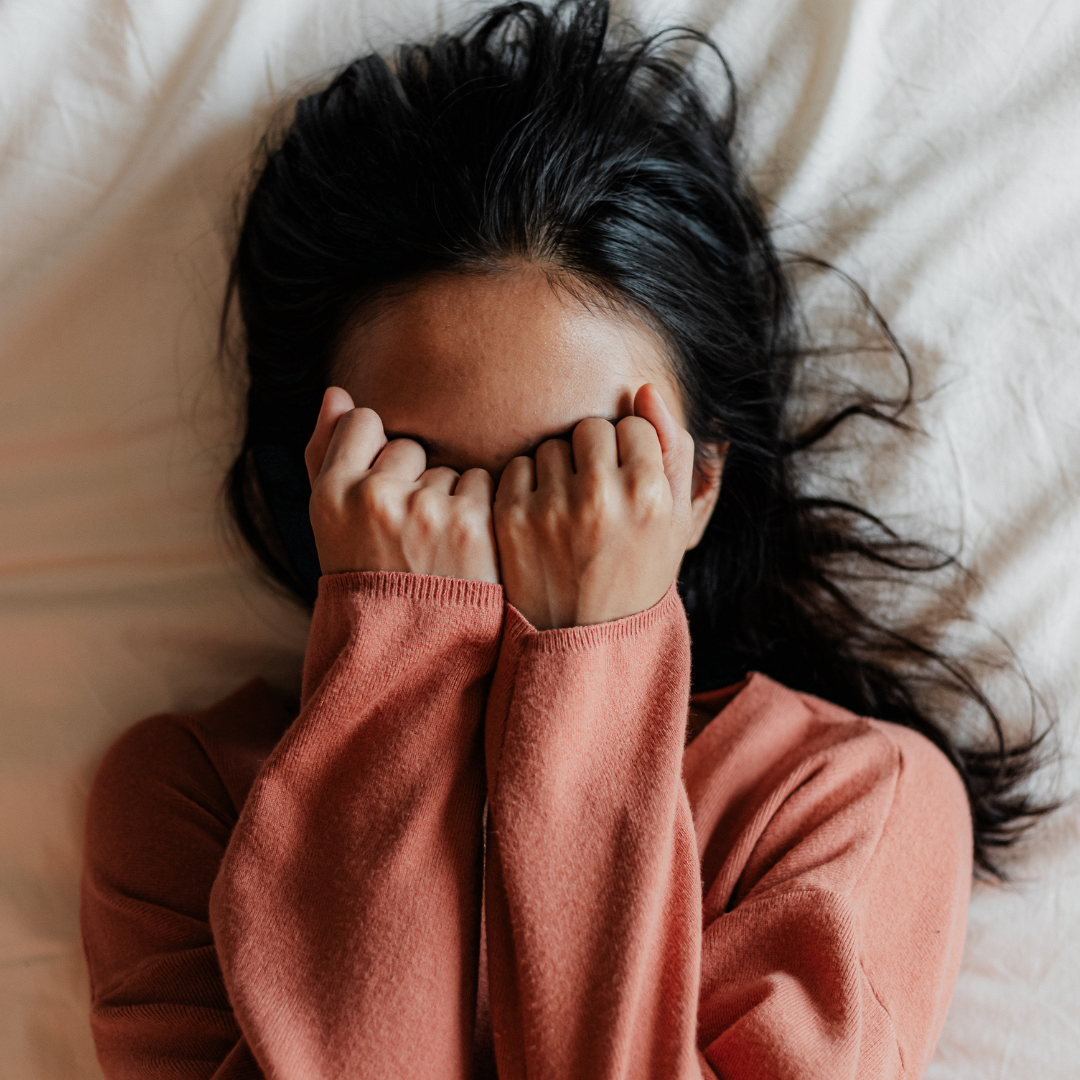
Introduction:
Snoring is a common problem that affects 90 million American adults. It happens to both genders and all ages and is a major health concern countrywide.
Many sleep professionals start their recommendations to stop snoring problems with suggestions for changing your sleep positions. This of course can be very helpful. But while it can provide temporary relief, there are more therapeutic solutions that can be far more beneficial and can have lasting impact on better overall health.
Snoring solutions that aren’t positional can range from lifestyle changes to natural remedies and chemical or physical changes. All these stop short of medical interventions like surgery and can be implemented easily and effectively.
Let’s start with lifestyle changes.
Snoring Solutions that aren't Positional
Lose Weight
Overweight people tend to have more difficulty snoring than those with average weight. The reason is that extra weight around the neck squeezes the internal diameter of the throat, and this leads to a collapse of the soft tissues at the back of the throat. This helps trigger snoring. Losing weight can be a very effective way to reduce or even eliminate snoring completely.
Exercise can help you sleep. Even 10 minutes of aerobic exercise like walking or cycling can increase the quality of sleep.
Avoid alcohol, smoking and sedatives
Alcohol, smoking and sedatives can bring on snoring. They tend to change the tone of the muscles in the back of the throat that impact soft tissues. Drinking at any time has a negative effect, but it is especially harmful if done 4-5 hours before sleeping. Habitual drinking will have an ongoing effect, but even people who don’t normally drink will snore after they do drink. A few beers or glasses of wine can lead to sleep problems and snoring and affect not only the snorer but the spouse as well.
There are some medications, like tranquilizers, that can relax muscles at bedtime and lead to increased snoring. This group includes lorazepam (Ativan) and diazepam (Valium). While they are often used to reduce anxiety, when taken at bedtime can interfere with a good night’s sleep.
Plan to Relax at Bedtime
When bedtime approaches, give yourself some time to unwind. Do some gentle stretching exercises. Take a warm bath. Practice some meditation. Do some light reading.
Try to take yourself as far away as you can from your busy work life. The bedroom should be dark, so that the natural sleep cycle can be facilitated. The brain recognizes darkness as a sign that sleep is about to occur. Turn off all screens and sources of light. Put away the laptops and cell phones. Give your brain a chance to set the stage for sleep.
Good sleep hygiene includes trying not to get overtired. Working long hours on little sleep can lead to a state of exhaustion and increased snoring – which continues the cycle of exhaustion. A short nap during the day can help.
Long-distance travel can cause problems in sleep. Crossing time zones can create jet lag which interferes with sleep. The body clock is thrown off and the brain becomes confused about what time sleep should occur. If possible, you should prepare for coming time zone changes by going to bed an hour earlier or later, depending on the direction you are traveling, a day or two before you travel. This will help reset your Circadian Rhythm and get your brain ready for the change.
The more regular the routine each night, including exercise, the better your brain and body will regulate your Circadian Rhythm. There are even specific “snoring exercises” you can practice. We are all creatures of habit, and by developing good sleep habits we give ourselves the best chance for health.
Take Clues from Nature’s Drug Store
Melatonin is the chemical that controls our body clocks and tells us when it’s time to sleep and when it’s time to rise and shine. While melatonin can be taken in pill form as a sleep aid, it can also be found in natural foods.
Cherries and cherry juice contain a chemical called tryptophan which metabolizes into serotonin and then into melatonin. Taking a glass of tart cherry juice a half hour before bedtime can help the body clock stay on schedule.
Bananas can help, too, because they also contain tryptophan. In addition, they contain potassium and magnesium, chemicals which help relax muscles. Have a banana an hour or two before bedtime to help that body clock and relax muscles at the same time.
On the other hand, there are certain foods to avoid before bedtime. These would include citrus, spicy, fried, or fatty foods, and carbonated drinks. All can cause indigestion would interfere with sleep.
No One Knows more than Your Nose
There are several ways to help your nose through the night. One is to use breathing strips which open the nasal pathways. They are applied externally like band aids and are relatively inexpensive.
Nose sprays can also be used to irrigate the nasal pathways. Neti Pots are used to drain sinuses and clear the pathway. A similar treatment is saltwater rinse which does the same thing.
Humidifiers can put moisture into the air, but care should be taken to keep them free of bacteria. Taking a hot shower before bedtime also provides moisture for nasal canals.
And as a supplement to nasal moisturizing, drinking a lot of water throughout the day will help keep the throat lining from becoming irritable. The Institute of Medicine recommends 11 cups of water a day for women and 16 cups for men.
Breathing can also be made easier by reducing or eliminating allergens in the air, mattress, box springs or pillows. Pillow cases and sheets should be changed regularly. And pets should not be allowed on beds because their dander can contribute to allergies. Beds, tables, lamps and fans should be cleaned to eliminate dust mites which can also cause allergies.
Appliances and Surgery can Provide Medical Help
There are several appliances that can be used to help snorers. If sleep apnea has been diagnosed, a CPAP machine might be in order (Continuous Positive Airway Pressure). They send a stream of air continuously to prevent the airway from collapsing. And there are mouthpieces which adjust the position of the jaw.
If surgery is necessary, there are options, here too. The Mayo Clinic suggests one type that involves palatal implants. The procedure is called pillar procedure where strands of polyester fiber are woven into the soft tissue of the palate to strengthen it. The procedure is quite new and still being studied.
Traditional surgery involves trimming of the palate tissues. Laser surgery is used to shorten the soft palate and remove the uvula. Radiofrequency surgery (tissue ablation) is used to shrink tissue in the soft palate.
Surgery of any kind is the last resort and obviously comes only at the suggestion of your physician. There are many other ways to address snoring, as noted above, that are far less stressful, dangerous, and costly. But hopefully one of these snoring solutions that aren't positional will be helpful to you and your sleep!

































